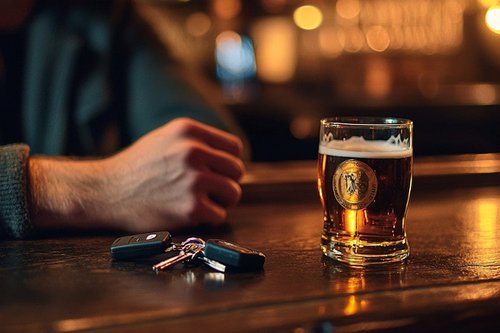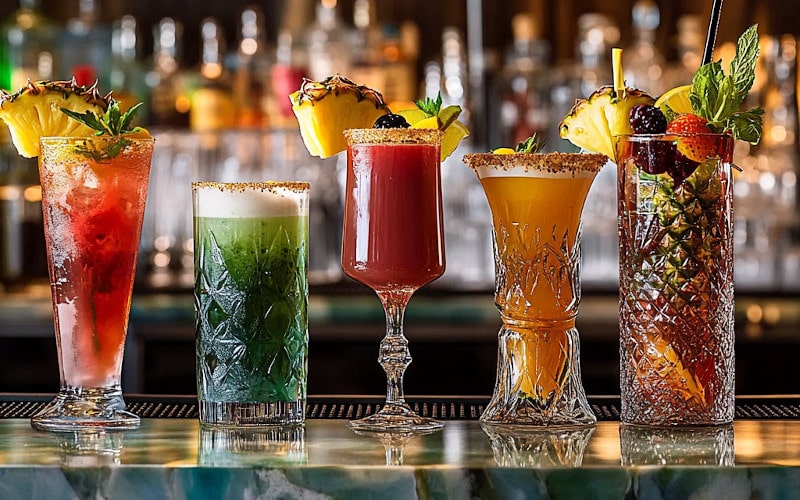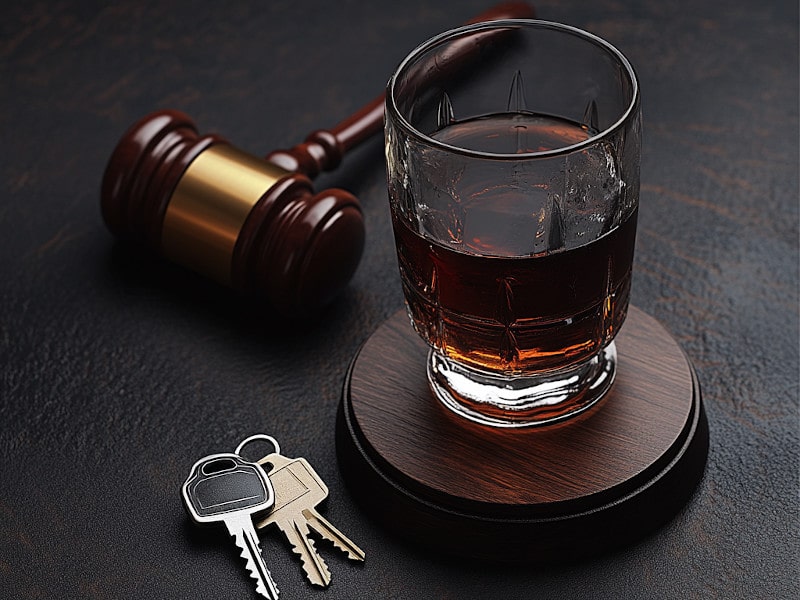Do Bars, Pubs, Nightclubs, Restaurants, etc. Face Any Liability Relating to DUI Charges in Ontario?

The Alcohol and Gaming Commission of Ontario (AGCO) recently announced that it is suspending a Toronto nightclub's liquor license for two months in response to the alcohol-related death of one of its patrons last spring. Toronto police have also charged the nightclub's owner and its numbered corporation with numerous Ontario Liquor License and Control Act offences, including:
- Selling alcohol to an intoxicated person.
- Supplying alcohol to an intoxicated person.
- Permitting alcohol to be sold to an intoxicated person.
- Permitting alcohol to be supplied to an intoxicated person.
- Permitting intoxication on licensed premises.
- Permitting disorderly conduct on licensed premises.
- Failing to ensure licensed premises are vacated.
The 19-year-old patron was discovered deceased in a closed-off section of the club the day after he had been served three large bottles of alcohol and had displayed significant signs of extreme intoxication in the club the night before. A toxicological analysis determined that the man had a blood alcohol content level more than twice the legal driving limit. Toronto police are reportedly still investigating the incident, and it is unclear whether anyone could be subject to criminal charges. The man's family is also reportedly suing the nightclub for $3.5 million in wrongful death damages.
With expertise in all elements relating to DUI (driving under the influence) law, the lawyers of the GTA's TorontoDUI will tell you that the nightclub in question would face similar penalties if the inebriated patron had caused a drunk driving motor vehicle crash, fatal or otherwise. Any establishment licensed to serve alcohol in Ontario has a legal duty of care to ensure that patrons are not overserved and that a patron's intoxication will not pose a risk to themselves or others. Let's take a closer look at the potential liability bars, pubs, nightclubs, restaurants, and other alcohol-serving establishments face in relation to DUI-related accidents.
Duty of Care under Ontario's Liquor License and Control Act
Ontario's Liquor License and Control Act (LLCA) establishes a legal duty of care on licensed alcohol-serving establishments that requires them to monitor the potential intoxication of their patrons and refuse to serve alcohol to anyone visibly intoxicated. According to AGCO's Schedule of Monetary Penalties , establishments that “sell or supply alcohol or permit alcohol to be sold or supplied to any person who is or appears to be intoxicated" are subject to a maximum $50,000 fine. Letting an intoxicated person remain on the premises is subject to a maximum $15,000 fine, as is allowing anyone who engages in unlawful behaviour, such as apparently, disorderly conduct. Penalties for any LLCA violation can also lead to administrative liquor license suspensions and revocations.
The LLCA's civil liability provisions implicitly establish a duty of care on licensed establishments to ensure that a patron's intoxication does not pose a distinct danger “of causing injury to themselves or injury or damage to another person or the property of another person." If an intoxicated patron commits suicide or meets death by accident while drunk, the establishment and/or employee who supplied the alcohol can be subject to civil liability under the Family Law Act. Likewise, if an intoxicated patron causes injury or damage to another person or their property.

Regarding deaths, injuries, and damages caused by an impaired driver, Ontario courts have found drinking establishments can be held partially liable for failing to take steps to ensure that their intoxicated patrons do not commit harm. While impaired drivers typically face the most liability, courts have ascribed up to 50% of liability on facilities that negligently contributed to a drunk driver's impairment or prevented them from getting behind the wheel while impaired.
Based on this potential for shared liability, if an impaired driver faces civil liability for damages caused by an accident they caused, their lawyer will typically investigate whether a drinking establishment was complicit in causing the impairment. If there is evidence that:
- The driver was visibly intoxicated at the establishment;
- Staff continued to serve alcohol despite the signs of impairment;
- Or that staff failed to take any steps to prevent the impaired driver from driving,
the impaired driver's lawyer will generally strive to ensure the business is included in the lawsuit.
Note that an impaired driver can also directly sue a drinking establishment for overserving them or failing to prevent them from driving while impaired if the driver subsequently caused DUI-related damages. The most recent example of this that we are aware of concerns the ongoing case of a London, Ontario, woman who caused up to $15 million in damages when she crashed into a house while driving the wrong way on a one-way street. The crash ruptured a gas line that triggered an explosion which destroyed the home, severely damaged several others, and injured seven people. The woman, whose blood alcohol content was reportedly three times over the legal limit, was sentenced to three years in prison for her DUI. Her lawsuit argues that a concert venue should share in the cost of damages because they continued to serve her despite her obvious intoxication and then evicted her from the venue without taking steps to ensure that she would not drive home.
Explore further
How Alcohol-Serving Establishments Can Limit Liability

Restaurants, bars, pubs, and other licensed alcohol servers can limit their exposure to potential liability from drunk driving accident damages caused by an impaired patron by taking several proactive actions. First and foremost, a drinking establishment's staff should immediately quit serving alcohol to any patron who becomes visibly intoxicated. Staff should constantly monitor the alcohol consumption and behaviour of the establishment's patrons and document any incidents involving impaired patrons and steps taken to mitigate risks. When a noticeably impaired patron exits the facility, staff should ascertain where the patron is going and how they plan to get there. If there are any indications that the impaired patron intends to drive, it is incumbent on staff to prevent the patron from getting behind the wheel, even if it means calling the police.
Drinking establishments can enhance liability protection by getting their staff to secure Smart Serve certification. Approved by ACGO as an official liquor training program in Ontario, Smart Serve trains drinking establishment staff to sell and serve alcohol responsibly.
We can't help protect licensed alcohol-serving establishments against liability caused by their impaired drivers. However, we do stand ready to help any of their Greater Toronto Area patrons defend themselves against DUI-related charges. If you've been arrested for DUI in the GTA, secure the legal counsel of an experienced DUI criminal defence lawyer at TorontoDUI .
